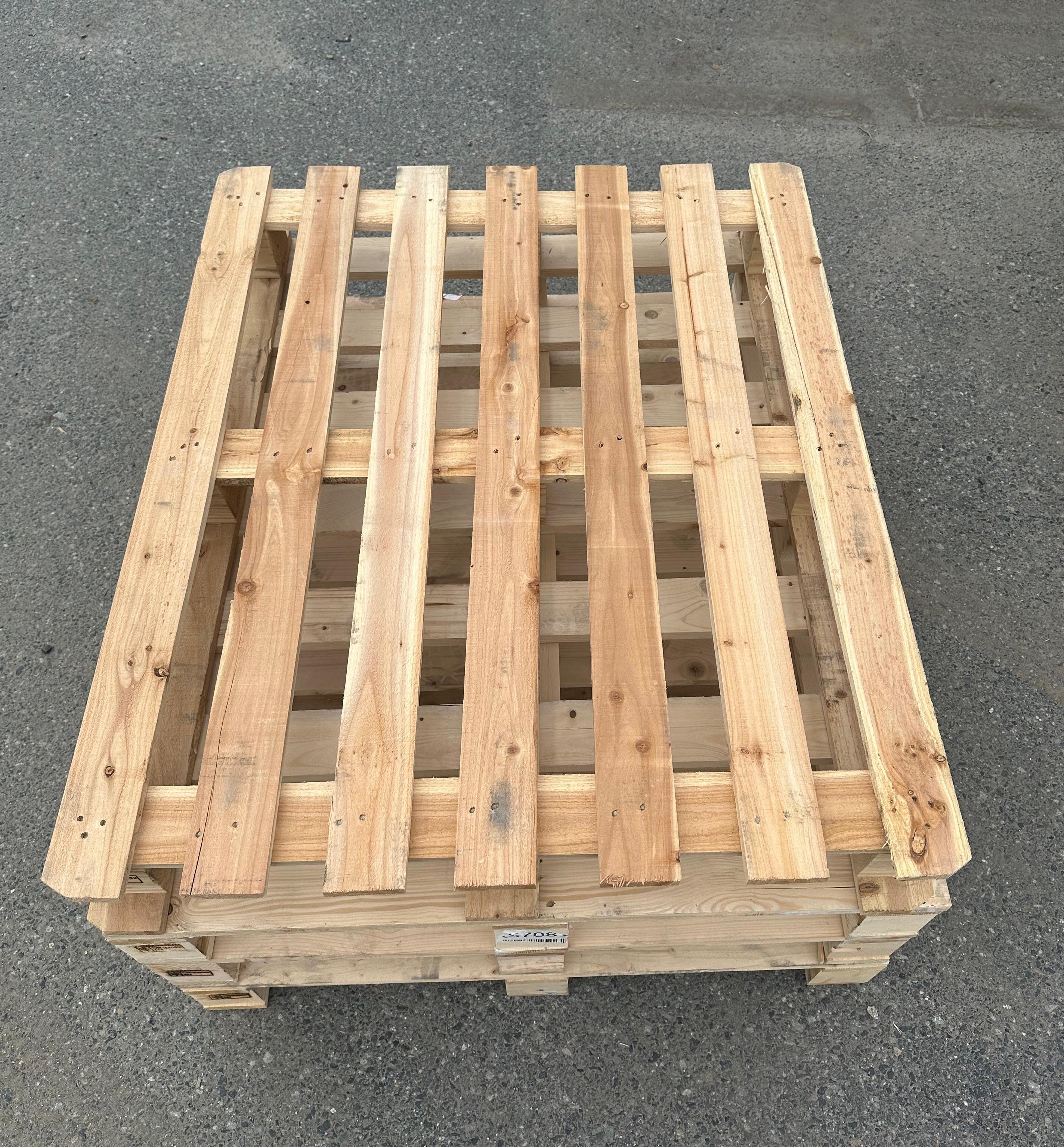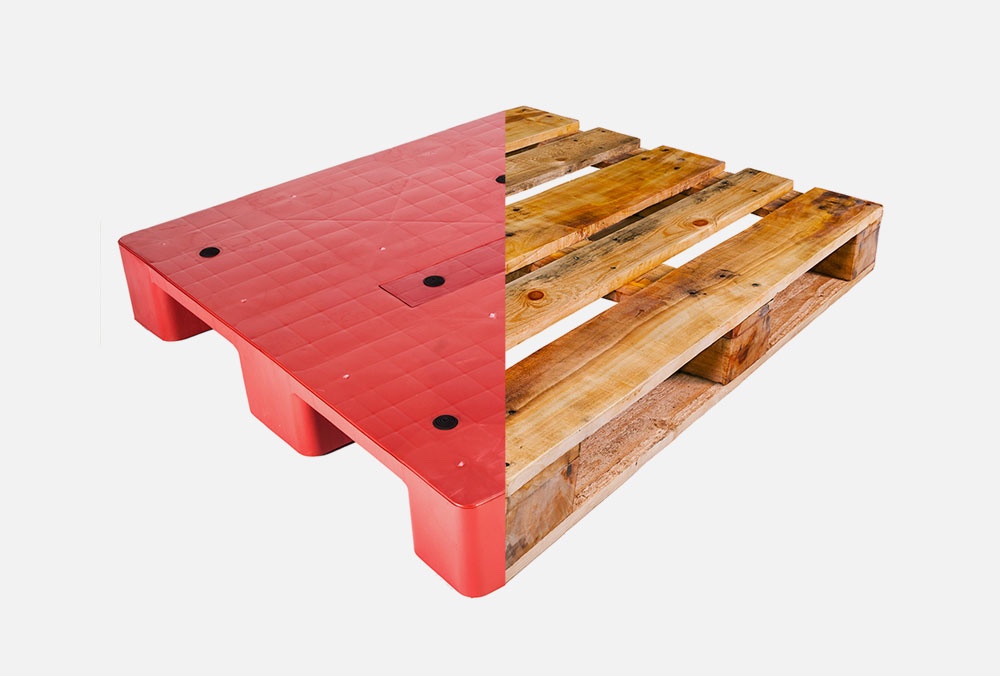Ensuring Wooden Pallet Safety: What You Need to Know
Wooden pallets are essential in transporting goods and managing inventory, and many businesses rely on them daily. However, with the prevalence of pallets, it’s crucial to understand their safety, especially when it comes to repurposing or upcycling them. Here’s a guide to ensure you’re using wooden pallets safely and effectively.
Safe Treatment Methods for Pallets
When dealing with wooden pallets, especially if you plan to upcycle or reuse them, it’s vital to choose pallets that have undergone safe treatment processes. In North America, many wooden pallets have been heat-treated. This process involves heating the pallet to a core temperature of 56 to 60 degrees Celsius (132 to 140 degrees Fahrenheit) for at least 30 minutes in a kiln. This treatment helps eliminate pests without compromising the pallet’s strength and durability. Heat-treated pallets are safe for various uses and won’t harm your health.
Don’t Judge a Pallet by Its Color
The appearance of a wooden pallet can be deceiving. For example, cherry and oak wood pallets might show dark stains due to the sap released during the curing process. This staining can make the pallet look older than it is, but it doesn’t affect its strength or durability. As long as the pallet has been properly heat-treated, it should be safe to use.
Avoid Methyl Bromide (MB) Treated Pallets
Be cautious with pallets that have been treated with methyl bromide (MB). MB is a potent pesticide used to kill pests but has been linked to serious health issues and ozone layer depletion. Many countries, including Canada, have banned the use of MB due to its health risks. While you might still encounter these pallets, it’s best to avoid them. Ensure you know the treatment history of the pallets you use, especially if they’re from international sources.
Understanding Colored Pallets
Colored pallets—blue, red, brown—are often used by rental companies and can be seen in various industries. These colors help identify pallets from different firms and ensure they’re managed properly. Rental companies typically avoid using harmful treatments like methyl bromide, but keep in mind that not all countries follow the same standards for pallet treatment. If you’re using colored pallets, especially for international shipping, ensure they comply with your local regulations and safety standards.
Safety Precautions When Using Pallets
When repurposing or working with pallets, always take safety precautions. Wear a mask to avoid inhaling any dust or particles. If you can’t verify the safety of a pallet, especially for indoor projects like furniture, it’s best to avoid using it. Using pallets from an unknown or unreliable source can pose health risks and safety hazards.




